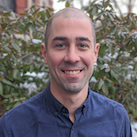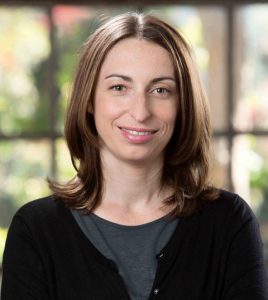Matthew L Kutys, Ph.D.
Research Interests:
Notch receptor signaling and chemo-mechanical regulation of vascular barrier, molecular regulation of endothelial cell morphodynamics during angiogenic sprouting and in cerebral small vessel disease, cardiac myocyte sarcomerogenesis, and angiocrine niche contribution to parenchymal tissue development, cancer, and infectious disease progression.
Summary:
Research in the Kutys Lab is focused on achieving a molecular and physical understanding of biological mechanisms that interact across time and length scales to enable emergent, tissue morphogenic behaviors. Central to our efforts is the development and application of biomimetic microphysiological culture models, organ-on-chip systems, that incorporate three-dimensional (3D) organotypic architectures and permit the study of human tissue development, regeneration, and pathogenesis with unprecedented resolution and biological control. Combining these models with innovative molecular technologies and high content microscopy, a major focus of my laboratory is understanding orchestration of tissue morphogenic behavior and cell fate specification by cell-cell and cell-extracellular matrix (ECM) adhesion complexes during cardiovascular development and disease.
Current projects in the lab focus on: Notch receptor signaling and chemo-mechanical regulation of vascular barrier, molecular regulation of endothelial cell morphodynamics during angiogenic sprouting and in cerebral small vessel disease, cardiac myocyte sarcomerogenesis, and angiocrine niche contribution to parenchymal tissue development, cancer, and infectious disease progression.











